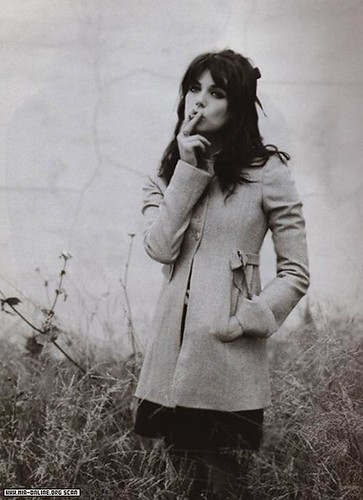- STRANDED screenings followed by filmmaker Q&A at Film Forum.
- SLEEP DEALER screening with writer/director Q&A sponsored by the Moving Image Museum.
Opening this weekend...
SYNECDOCHE, NEW YORK, written and directed by Charlie Kaufman

Premise: A theater director struggles with his work and the women in his life as he attempts to create a life-size replica of New York inside a warehouse as part of his new play.
Playing at: Lincoln Plaza Cinemas, Landmark Sunshine
Every now and then a movie comes along that I have to see immediately; this is one that won't make it through this weekend unseen. I've seen reviews ranging from "nonsense" to "incomprehensible" and despite all I've seen and read, I'm still not sure what to expect going in, but I'm real eager to dive into this one.
There's a great interview with Charlie Kaufman here.
You can watch the trailer here.
THE CHANGELING, written by J. Michael Straczynski, dir. by Clint Eastwood

Premise: A mother's prayer for her kidnapped son to return home is answered, though it doesn't take long for her to suspect the boy who comes back is not hers.
Playing: All over.
The Babylon 5/Spider-Man/The Real Ghostbusters J. Michael Straczynski scribe has been entertaining my generation for our entire lifespan, so I'll tend to give him the benefit of the doubt. Plus, Clint Eastwood? And a good cast? I'm in.
LET THE RIGHT ONE IN, written by John Ajvide Lindqvist, dir. by Tomas Alfredson

Premise: Oskar, a bullied 12-year old, dreams of revenge. He falls in love with Eli, a peculiar girl. She can't stand the sun or food and to come into a room she needs to be invited. Eli gives Oskar the strength to hit back but when he realizes that Eli needs to drink other peoples blood to live he's faced with a choice. How much can love forgive? Let The Right One In is a story both violent and highly romantic, set in the Stockholm suburb of Blackeberg in 1982.
Playing at: Angelika
I've heard a lot of good buzz around this one - the premise alone had me sold, and I've really been jonesing for another good vampire flick. (Speaking of which - anyone watching True Blood? I've heard people both raving about it and ripping it apart.)
PRIDE AND GLORY, written by Gavin and Gregory O'Connor, dir. by Gavin O'Connor

Premise: A saga centered on a multi-generational family of New York City Police officers. The family's moral codes are tested when Ray Tierney, investigates a case that reveals an incendiary police corruption scandal involving his own brother-in-law. For Ray, the truth is revelatory, a Pandora's Box that threatens to upend not only the Tierney legacy but the entire NYPD.
Playing: All over.
Good cast, but looks kinda boring. See you on Netflix in six months.
What are you doing/seeing this weekend?








